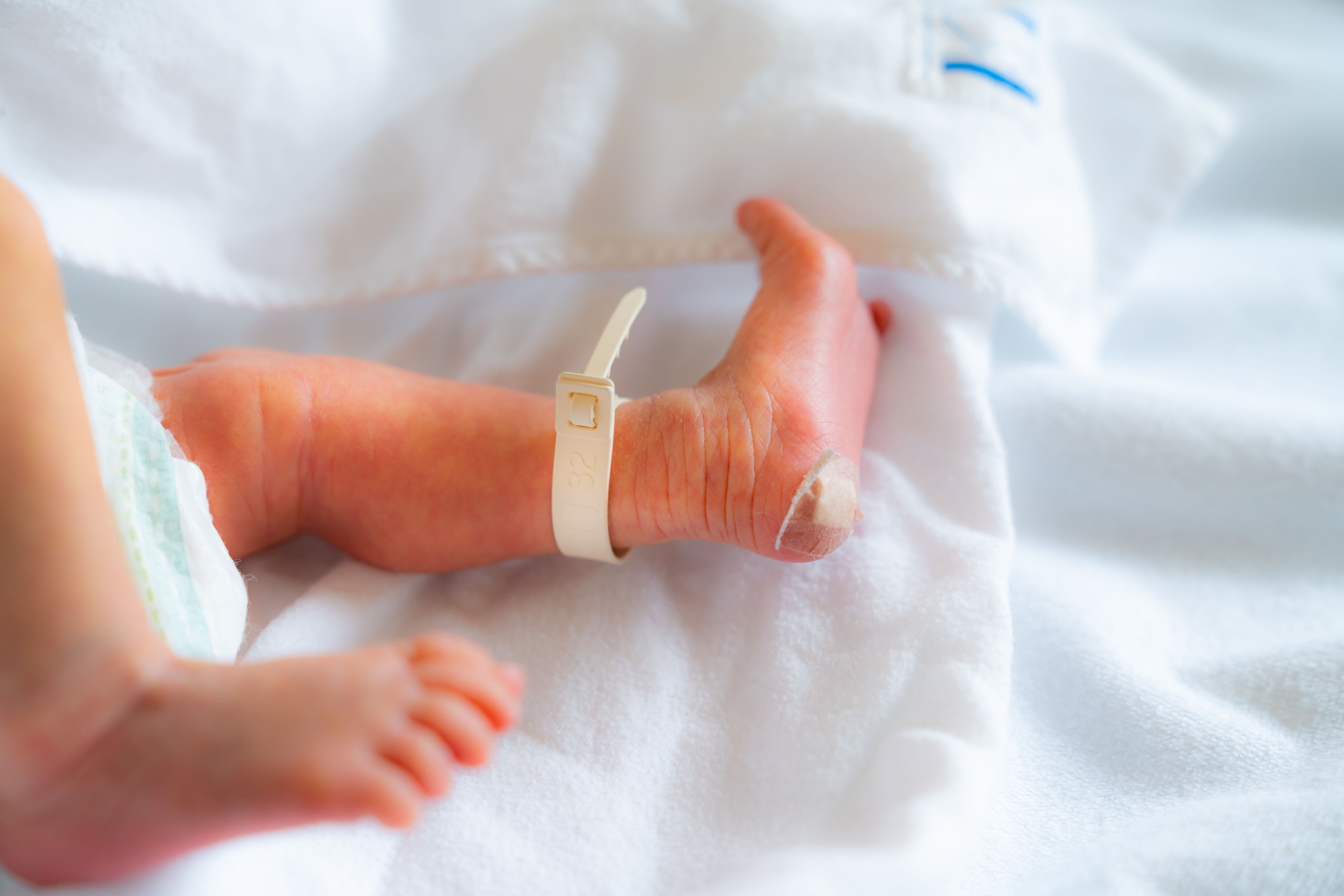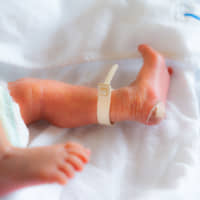The estimated amount of babies born in Japan this year has dropped to the lowest number since comparable data became available in 1899, government figures showed Friday.
The figure for the year is estimated at 921,000, down 25,000 from a year earlier, staying below the 1 million mark for the third straight year, according to the Ministry of Health, Labor and Welfare.
Deaths during the year totaled an estimated 1.37 million, a postwar record high, with a natural population decline of 448,000, the largest ever.
The data showed the pace of population decline is picking up amid the falling birthrate, suggesting it is increasingly difficult for the government to attain its goal of raising the total fertility rate to 1.8 by the end of fiscal 2025.
The total fertility rate is a measure of the average number of children expected to be born per woman, adjusted for the age profile of the female population and age-specific fertility rates. It stood at 1.43 in 2017 and 1.44 in 2016.
Prime Minister Shinzo Abe has pledged to stem the population decline by expanding support for child care and education.




